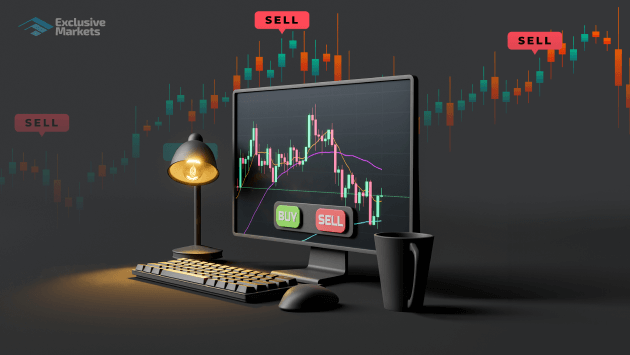
In today’s fast-paced financial world, many novices and seasoned traders alike are drawn to Forex trading, often questioning whether it falls under the umbrella of gambling. It’s important to dissect this notion and understand the intricacies of Forex trading to clarify its nature, risks, and strategies. One of the resources that aspiring traders might find beneficial is is forex trading gambling Trading Platform PH, which provides insights into trading practices and tools.
What is Forex Trading?
Forex trading refers to the process of buying and selling currencies on the foreign exchange market. The objective is to capitalize on the fluctuations in currency values, making profits from the differences in exchange rates. With over $6 trillion traded daily, Forex is the largest financial market globally. This massive scale provides ample opportunities for traders to engage, learn, and hopefully profit.
The Gambling Perspective
When comparing Forex trading to gambling, we must first clarify the definitions of both. Gambling generally involves placing bets on outcomes that are largely subject to chance, often with a random chance of winning or losing. In contrast, Forex trading involves analytical decision-making based on market trends, economic indicators, and geopolitical developments. However, the distinction is often blurred for several reasons:
- High Risk: Both activities carry a substantial risk of losing money. Traders can experience significant financial losses in a short period, akin to losing a bet in gambling.
- Leverage: Forex trading often allows traders to use leverage, amplifying potential profits but also losses. This high-risk feature can make trading feel like a gamble, especially for those who do not fully understand the implications.
- Emotional Decision-Making: Just like gamblers, traders can be influenced by emotions. Decisions made impulsively can lead to loss—whether it’s a gambler chasing losses or a trader overtrading.
Understanding the Risks Involved
While the gambling analogy holds some weight, it’s crucial to recognize that successful Forex trading is grounded in research, systems, and strategies. Here are some prevalent risks that traders should be aware of:
- Market Volatility: Currency prices can change rapidly due to economic data releases, political instability, or global events, affecting traders’ positions dramatically.
- Leverage Risks: While leverage can magnify profits, it can also lead to escalated losses, making it possible to lose more than the initial investment.
- Lack of Regulation: The Forex market is decentralized, making it vulnerable to scams and unethical practices. New traders must be cautious about choosing brokers.
Strategies to Mitigate Risk

Traders can adopt several strategies to reduce the risk typical of Forex trading:
1. Education and Research
Knowledge is the best form of risk management. Trading education helps traders understand market dynamics, economic factors, and technical analysis.
2. Set Realistic Goals
Establishing achievable profit targets and defining acceptable loss levels can help in maintaining discipline while trading.
3. Risk Management Tools
Traders should utilize tools like stop-loss orders to automatically close positions at predetermined levels, limiting potential losses.
4. Diversification
Spreading investments across different currency pairs or even markets can help mitigate the overall risk.
Conclusion
Determining whether Forex trading is akin to gambling depends significantly on the approach taken by the trader. Those who enter the market without a plan or an understanding of risk management are more likely to experience it like gambling. Conversely, traders who engage in Forex with proper education, disciplined strategies, and risk management can treat it as a legitimate investment avenue.
Ultimately, the goal is to be informed, prepared, and aware of the risks involved to navigate the Forex landscape more responsibly.

Recent Comments